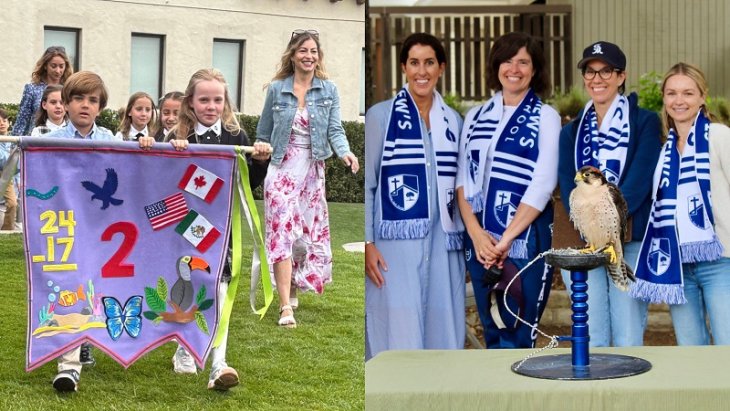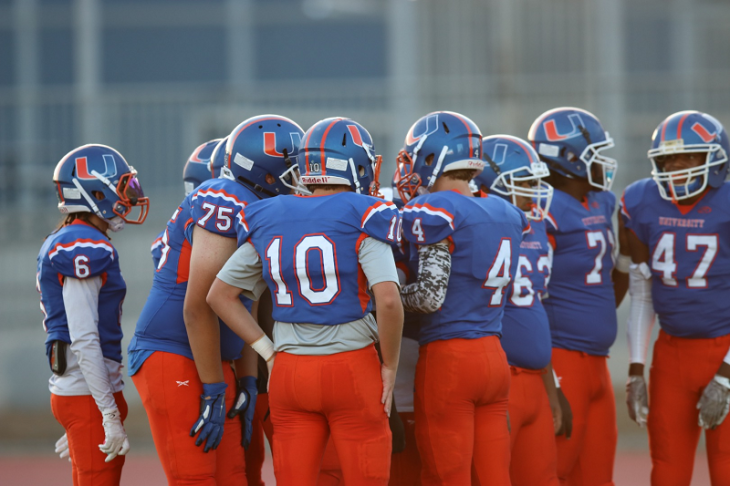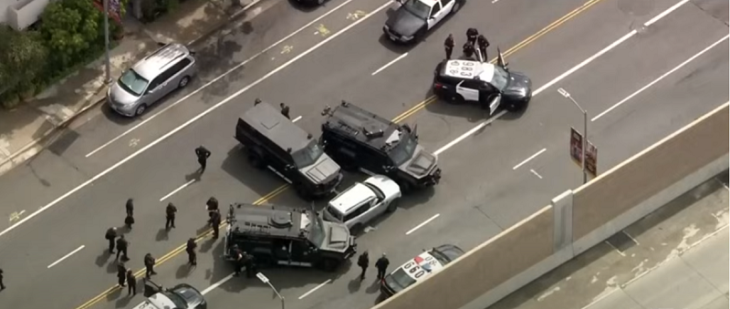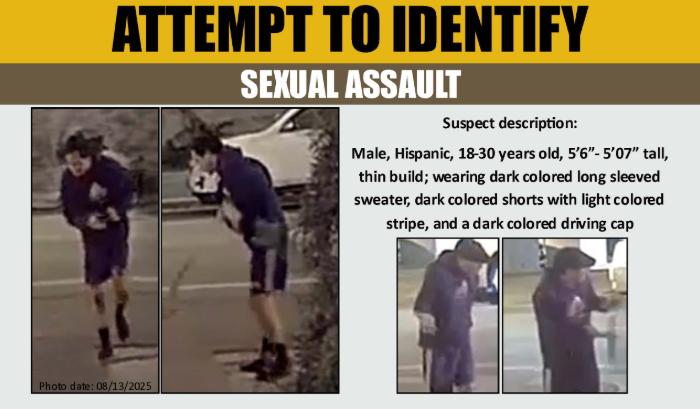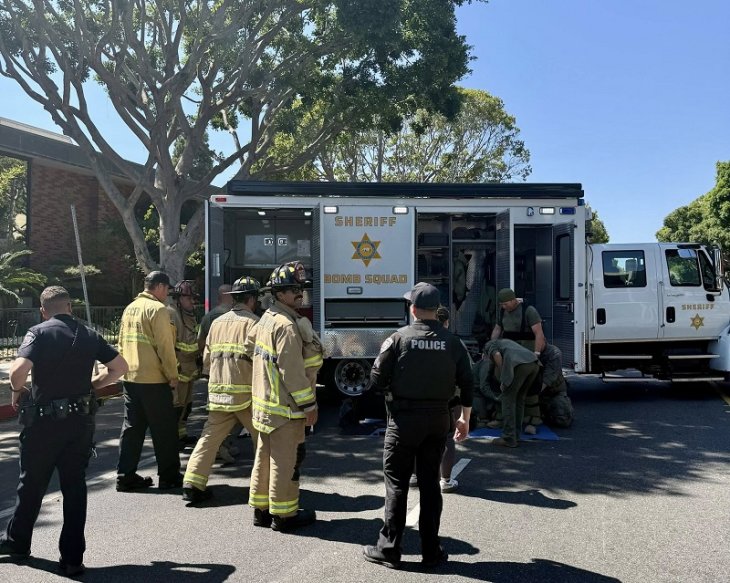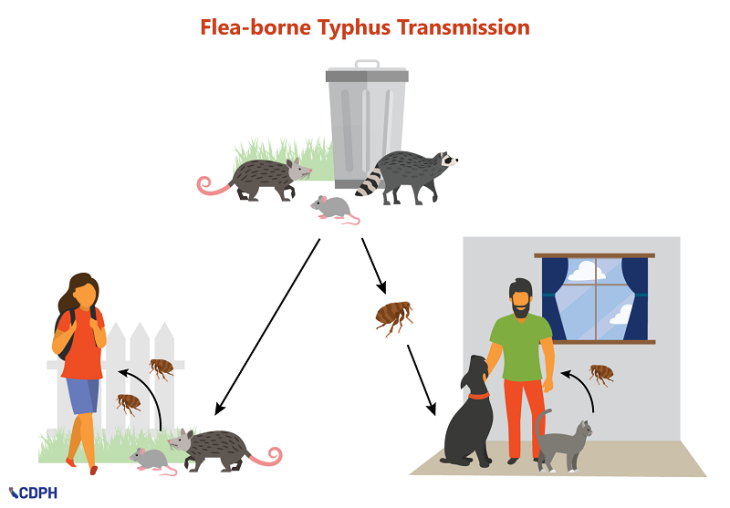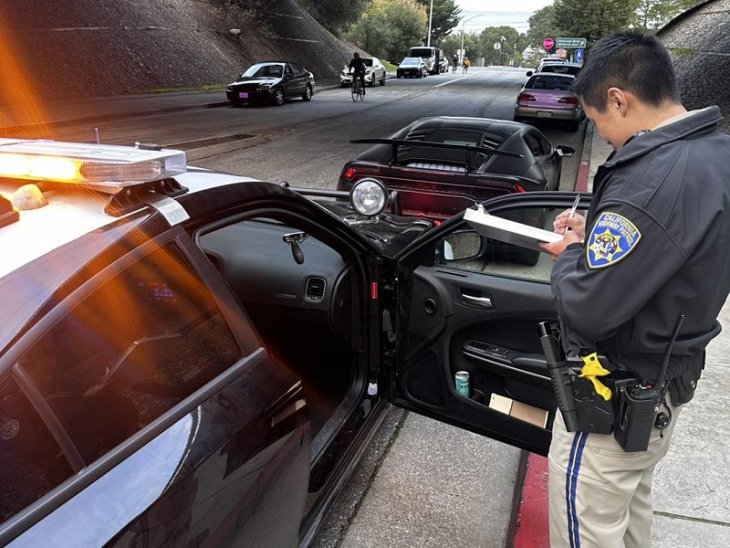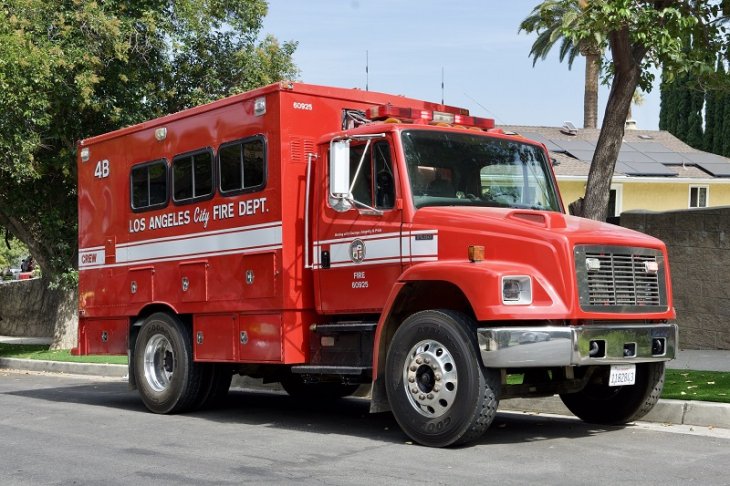
Attorneys for Marvin Gaye’s heirs are asking a federal judge to halt sales of the song “Blurred Lines” and hold a rapper and record labels liable for the copyright infringement that resulted in last week’s $7.3 million jury award to the singer’s family, court papers obtained today show.
The Gaye family want U.S. District Judge John A. Kronstadt to order that the music companies that issued “Blurred Lines” — Interscope and Star Trak — as well as rapper/co-writer Clifford “T.I.” Harris Jr. also pay for their alleged parts in the copyright infringement of the 1977 hit “Got to Give It Up.”
Last week, a federal civil jury in Los Angeles found that Pharrell Williams and Robin Thicke lifted elements of the Gaye chart-topper when they penned the 2013 smash “Blurred Lines.” The jury also cleared Harris of any wrongdoing.
Richard Busch, the Gayes’ attorney, is seeking an injunction blocking future sales of “Blurred Lines.”
Busch wrote in a separate motion that, according to federal law, “all members of the distribution chain are liable for copyright infringement,” including co-writer Harris, Interscope — a division of Universal Music Group — and Williams’ company Star Trak, which “manufactured, licensed, distributed and sold the infringing song, both as a single and as part of the album ‘Blurred Lines.”‘
Attorneys for Thicke and Williams said they plan to file a motion for a new trial.
At the time the Gaye song was copyrighted nearly 40 years ago, only written music — not sound recordings — could be registered with the copyright office.
During the two-week trial, jurors heard “Blurred Lines” compared to the sheet music of “Got to Give It Up” played by a professional keyboardist in various pre-recorded configurations. Musicologists for both sides spent days on the witness stand dissecting the songs.
After the verdict, Thicke attorney Howard King said it appeared the jury “listened to the experts. And that influenced them more than the music.”
“To us, it was always so simple — listen to the songs,” he said.
Evidence read into the court record showed that Thicke and Williams each earned more than $5 million from the success of the disc, while Harris — who got a co-writing credit due to his rap part added late in the recording — made more than $700,000.
Although jurors saw the “Blurred Lines” video and heard the song, they were told to only consider the chords, melodies and lyrics of the songs, rather than production elements of the recordings.
The federal lawsuit was originally brought two years ago by Thicke, Williams and Harris Jr. as a preemptive strike to protect “Blurred Lines” from legal claims that it was derived from the decades-old Gaye hit.
The Gaye clan then filed counterclaims alleging that Thicke’s apparent fascination with their late father led to the misappropriation of his work in the creation of “Blurred Lines.”
In his testimony, Williams said he has loved Gaye’s music since hearing Motown records around the house growing up.
“The last thing you want to do is take something of someone else’s when you love him,” Williams told the jury. “If I had, I would have dealt with it properly. It’s the fair and right and just thing to do.”
The 11-time Grammy Award winner was adamant that “Blurred Lines” and “Got to Give It Up” were similar only in terms of genre.
“Soul music sounds like soul music,” Williams said, adding that he understood why fans connected the two songs.

